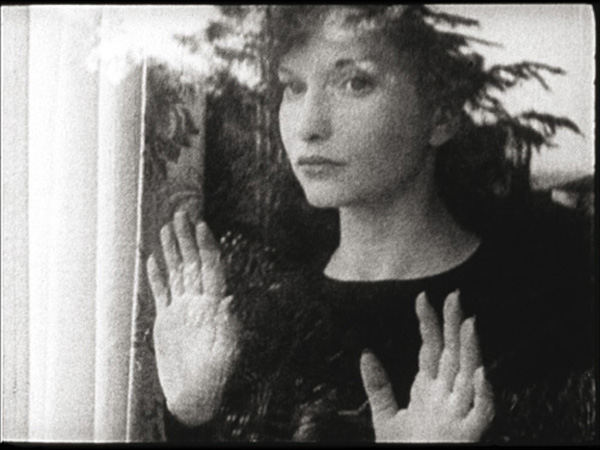From the time filmmaker Spike Lee first rose to prominence in the 1980s, his work has come to define the state of Black filmmaking in the United States. That’s all to his credit as one of the most exciting filmmakers of our time; there is no question that his ability to both get his films made—under circumstances not always friendly to Black filmmakers—and to market himself, have proven inspirational to artists of color everywhere. But his achievements have sometimes overshadowed the contributions of other notable Black directors, past, present and future. Let’s not forget pioneers such as Oscar Micheaux, Gordon Parks, Kathleen Collins, Charles Burnett, Julie Dash, and others. And today, there is fortunately a robust generation of African American directors whose work offers a great variety of perspectives on life in general and the Black experience in particular. Lee and other forerunners paved the way for a new era of filmmakers who explore everything from the tragic legacy of slavery to the ordinary struggles of everyday life in a range of genres, from documentary to romantic comedy to drama.
In the wake of the nation’s recent and ongoing reckoning with its history of entrenched racism, now seems as good a time as any to examine four relatively recent films from some of this current cohort of creative artists, all born after 1970, who are helping to define contemporary Black cinema. Join us as we watch and discuss Medicine for Melancholy (Barry Jenkins, 2008), Pariah (Dee Rees, 2011), Middle of Nowhere (Ava DuVernay, 2012) and Fruitvale Station (Ryan Coogler, 2013). Individual descriptions of each film follow below.
+++
Mark Alice Durant, a professor of art history at UMBC, is an artist and writer currently working on a biography of Maya Deren
Drama and myth framed the life and death of Maya Deren. She was born Eleanora Derenkowski in Kiev in 1917, during the early days of the Russian Revolution, and died forty-four years later in New York City, with whispers of a Voudou curse veiling the circumstances of her death. During her brief life, she established herself as a pioneering experimental filmmaker and crusader for independent film and received the first Guggenheim grant ever awarded for creative filmmaking in 1946. Although Deren produced only a handful of short films, her influence has resonated through generations of filmmakers. Her first film, Meshes of the Afternoon, is perhaps the most well-known experimental film in history. The aura that suffuses Deren’s biography emanates partly from the enigmatic power of her films magnified by her bohemian glamour and visionary intelligence. The imagery in her films represent some of the most elegant and evocative in the history of cinema. The lecture will include a screening of some of Deren’s work.
$15 door fee for guests and subscribers
Learn More